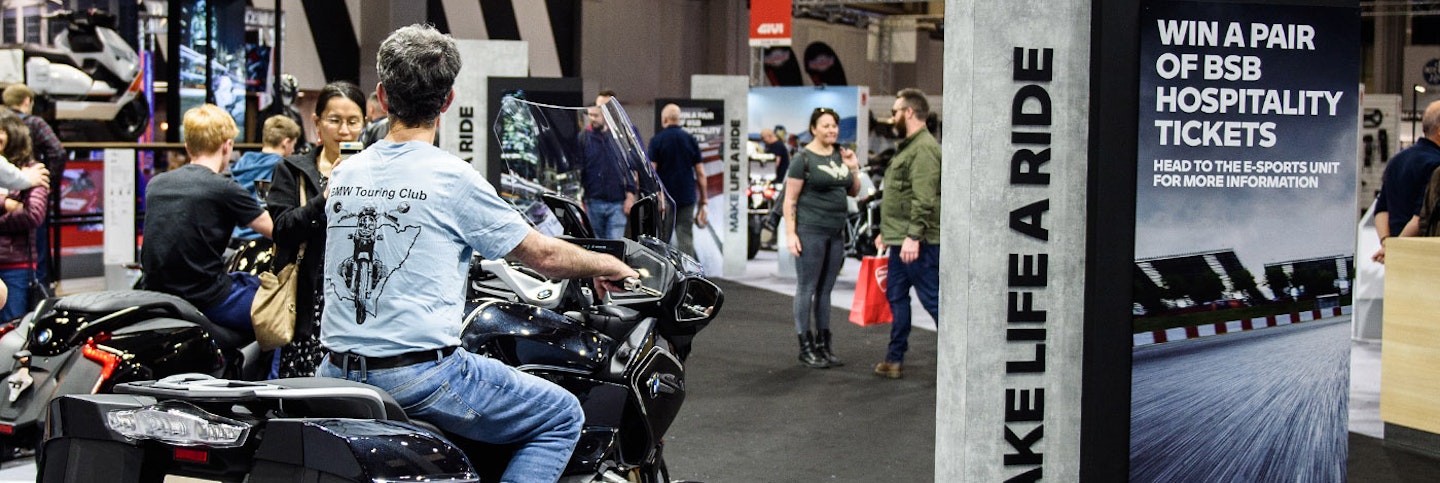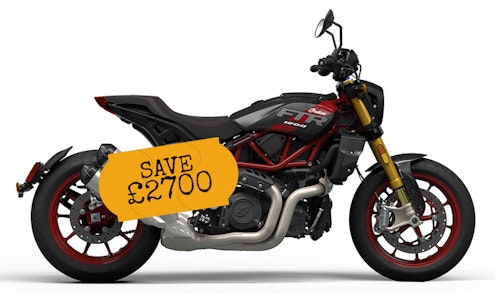News
Everything you need to know about the world of motorcycling, from new bikes to new designs and patents, how the world economy impacts motorcyclists and what new legislation is on the agenda. Find all your Motorcycle News at BikeSocial.
You might be also interested in
Get a quote
We search our panel of insurers to find you our best price for the cover you need

